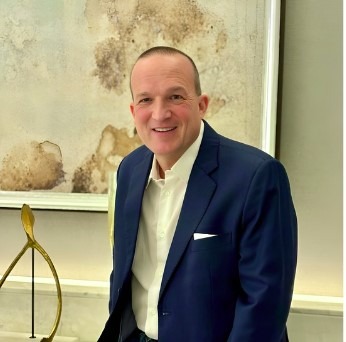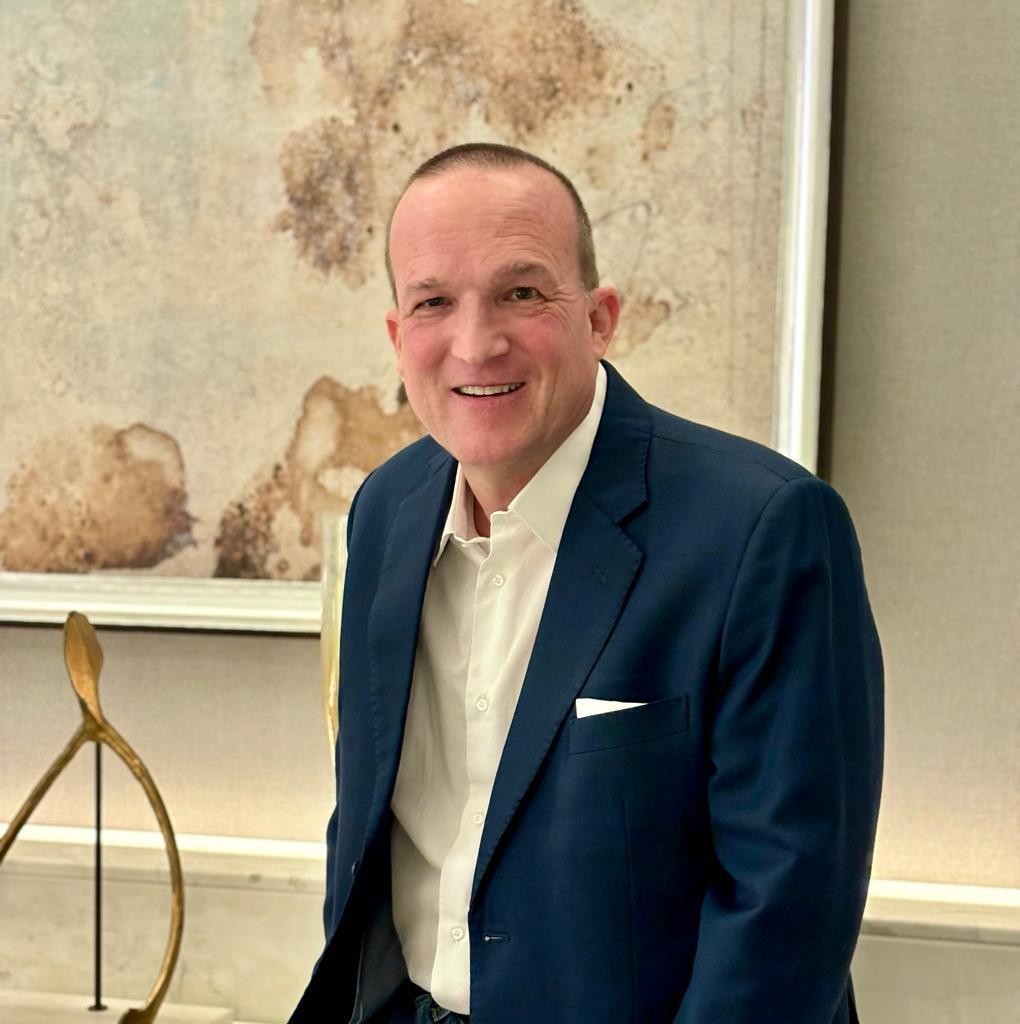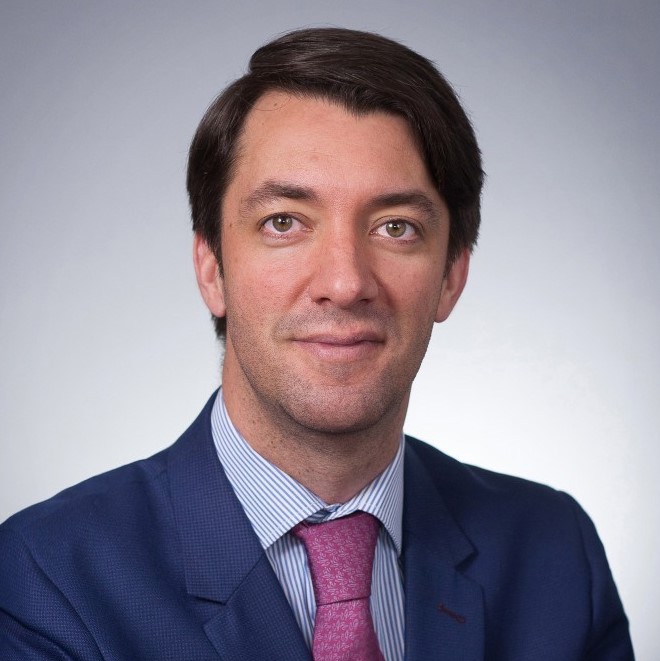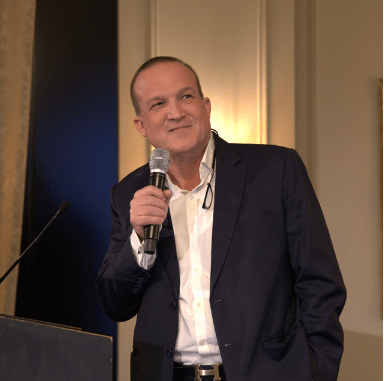Ontario, Canada – October 31,2024 IT outsourcing continues to grow as companies seek ways to optimize costs, access specialized skills, and meet the demands of rapid technological changes. Taskforce Solutions, a leader in IT outsourcing, shares insights into the trends shaping this sector, as companies in developed markets adapt to new outsourcing models and prioritize advanced technology and security needs. In this article, we examine key trends, challenges, and the future of IT outsourcing in high-income markets, as well as strategies used by Taskforce Solutions to address them.
Changing Motivations in IT Outsourcing
Organizations in high-income regions are increasingly looking beyond cost savings as their primary reason for outsourcing IT services. Although financial efficiency remains crucial, a growing number of companies are focusing on strategic value, innovation, and speed in delivering technology solutions.
According to Taskforce Solutions, companies now seek partners that offer advanced expertise in fields like artificial intelligence, cybersecurity, and data analytics, reflecting the rising importance of technology as a core component of business strategy. For many, outsourcing is no longer just a support function; it’s a driver of growth and competitive advantage, allowing them to tap into specialized knowledge and accelerate digital transformation.
Growing Demand for Specialized IT Services
One notable shift in high-income markets is the increased demand for specialized IT services. While traditional roles such as help desk support are still outsourced, businesses are turning their focus toward more sophisticated IT tasks.
Taskforce Solutions has observed a marked rise in requests for cybersecurity expertise, as well as services related to artificial intelligence and cloud management. This shift underscores a significant trend in outsourcing: companies in high-income countries are moving from general IT support to highly specialized, strategic roles. Outsourcing partners now play an essential role in helping organizations innovate and stay ahead in a technology-driven environment.
The Role of Remote Work in Expanding Outsourcing Horizons
The normalization of remote work has had a significant impact on IT outsourcing. With remote work practices now common, businesses are increasingly comfortable collaborating with outsourcing partners across regions or even continents.
Taskforce Solutions has noted that remote work’s influence has enabled companies to look beyond local talent pools, opening opportunities to work with global experts and specialized teams, regardless of location. The convenience and flexibility of remote work have allowed companies in high-income countries to seamlessly integrate outsourced functions, contributing to the continued expansion of the outsourcing sector in these markets.
Cultural Compatibility and Communication Challenges
Despite the benefits, IT outsourcing also presents challenges, particularly in terms of communication and cultural compatibility. In high-income countries, companies value partners who can adapt to their specific business culture, language preferences, and operational style, as seamless communication is essential for maintaining efficiency.
Taskforce Solutions emphasizes the importance of clear, frequent communication in their outsourcing relationships. The company works to ensure that clients’ needs are understood and met by focusing on training and client interaction to bridge potential gaps. Effective communication, coupled with a deep understanding of the client’s culture, is vital for successful outsourcing relationships, especially in high-income regions where quality standards and expectations are high.
Ensuring Quality and Accountability through KPIs
To maintain high-quality service and accountability, companies in high-income countries rely on clearly defined Key Performance Indicators (KPIs) and benchmarks when working with outsourcing partners. Taskforce Solutions collaborates closely with clients to establish KPIs that match their goals and provide regular updates to monitor progress. This structured approach ensures that quality standards are met, providing transparency and allowing clients to assess whether their outsourcing objectives are being achieved.
Regular performance tracking has become a cornerstone of outsourcing arrangements, particularly for high-income countries where expectations for service quality and precision are non-negotiable.
The Rise of Nearshoring and Onshoring in High-Income Markets
Taskforce Solutions has observed an increasing trend in nearshoring and onshoring. Companies seeking greater control over their outsourced processes are choosing partners closer to home, allowing for easier time zone alignment and smoother communication.
Nearshoring, which involves outsourcing to neighboring countries, is particularly popular in Europe, where cultural similarities and proximity support real-time collaboration. Onshoring, or outsourcing within the same country, also appeals to companies with strict data privacy and regulatory requirements. These models are often preferred when companies need enhanced oversight, despite the higher costs compared to traditional offshoring.
Increased Focus on Data Security and Compliance
Data security and compliance are critical concerns in IT outsourcing, particularly in high-income countries where regulatory standards are stringent. High-income regions, including the European Union and North America, have introduced robust data protection laws, making data security a top priority for companies outsourcing IT functions.
Taskforce Solutions has responded to these demands by investing heavily in security protocols and certifications that align with both international and local standards. Clients frequently request evidence of secure data management practices and compliance, knowing that any outsourcing arrangement must prioritize data protection. Taskforce Solutions addresses these concerns by adhering to established security protocols and building cybersecurity strategies tailored to each client’s needs.
About Taskforce Solutions
Taskforce Solutions, headquartered in Ontario, Canada, is a digital transformation as a service (DTaaS) provider and counts more than 70 global institutions and unknown international attention centers. Their clients include some of the most respected companies in technology, pharmaceuticals, insurance, and many other industries. Taskforce includes a broad range of industries including automotive, billing, customer service, e-commerce and retail, finance and insurance, gaming and entertainment, healthcare, public sector, and SaaS and software. Taskforce operates in more than 14 markets worldwide and is committed to delivering innovative solutions that drive efficiency and growth.
More information about Taskforce Solutions and our services can be found on our website.
Contact:
Workgroup Solutions Ltd.
Thurston Can Factory, 2000
Office 5, Ottawa, Ontario
Canada, K1G 4K7
Safety lock:
PressLink distributes this news content “as is” and without any express or implied warranty of any kind. PressLink expressly disclaims any responsibility or liability for the accuracy, content, images, videos, licenses, completeness, legality or reliability of the information presented in this article. Any complaints, copyright issues or concerns regarding this article should be directed to the author.
Use:
This content is not produced by PressLink, but payments or transactions are also possible without obligation and cannot be billed during this time. For questions or corrections to press releases, please contact PressLink directly.











